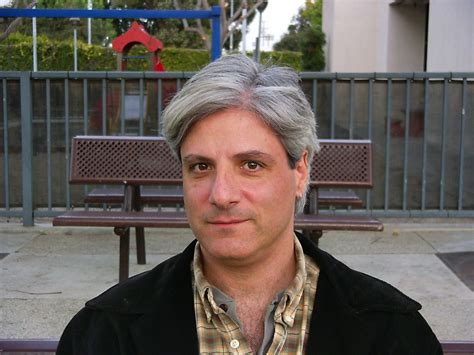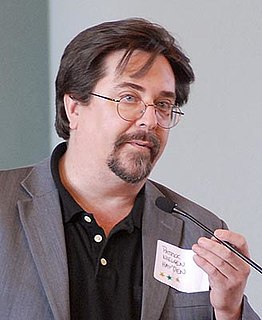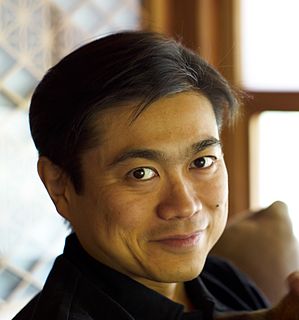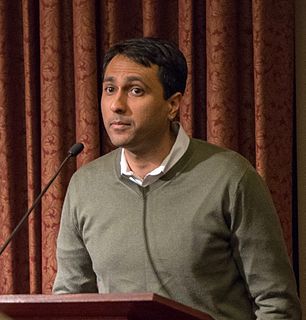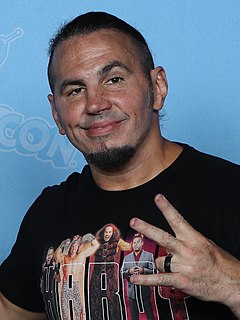A Quote by David L. Ulin
For new media reactionaries...the problem is technology, the endless distractions of the Internet, the breakdown of authority in an age of blogs and Twitter, the collapse of narrative in a hyper-linked, multi-networked world.
Related Quotes
Consent of the Networked will become the seminal book firmly establishing the responsibility of those who control the architecture and the politics of the network to the citizens who inhabit our new digital world. Consent of the Networked should be required reading for all of those involved in building our networked future as well as those who live in it.
Usually at the end of each story we're thrown clear out of the story's world and then we're given a new world to enter. What's unique about a linked collection is that it can deliver both sets of narrative pleasures - the novel's long immersion into character-world and the story anthology's energetic (and mortal) brevity - the linked collection is unique in its ability to be both abrupt and longitudinal simultaneously.
I think that we live in a remarkably networked world. The problem with that, of course, is that tensions can travel in nanoseconds across the Internet, and so the tensions between Shiites and Sunnis in Baghdad, or between Protestants and Catholics in Belfast - those show up in different parts of the world.
It is true that authoritarian governments increasingly see the internet as a threat in part because they see the US government behind the internet. It would not be accurate to say they are reacting to the threat posed by the internet, they are reacting to the threat poised by United States via the internet. They are not reacting against blogs, or Facebook or Twitter per se, they are reacting against organizations like the National Endowment for Democracy funding bloggers and activists.
What's interesting about the shift from an industrial age to a technological age is that we keep inventing new media: movies, records, radio, television, the Internet, and now ebooks - and one of the things that's most interesting about the invention of a new medium is watching it reinvent itself as it penetrates the culture.
